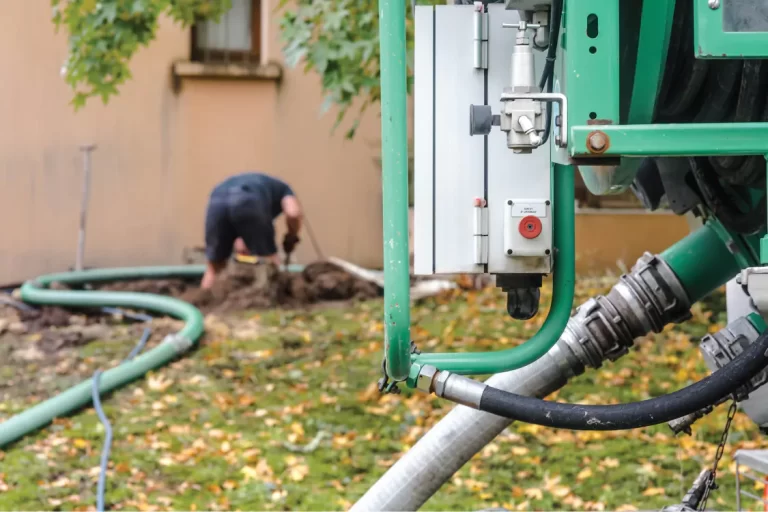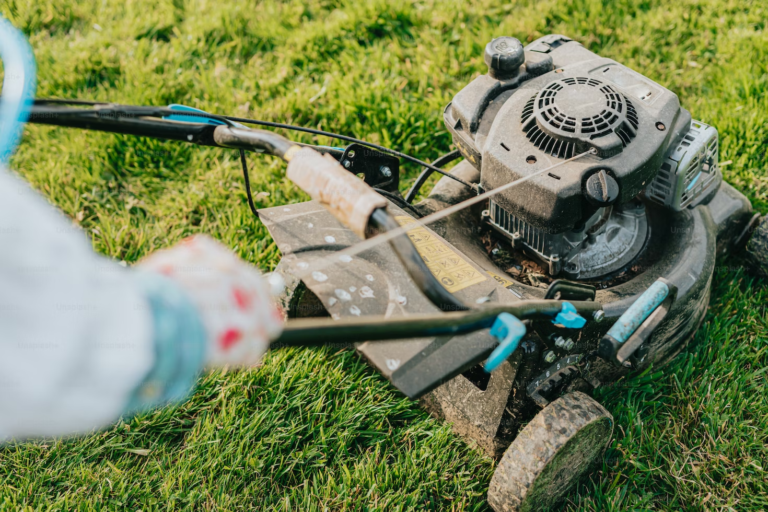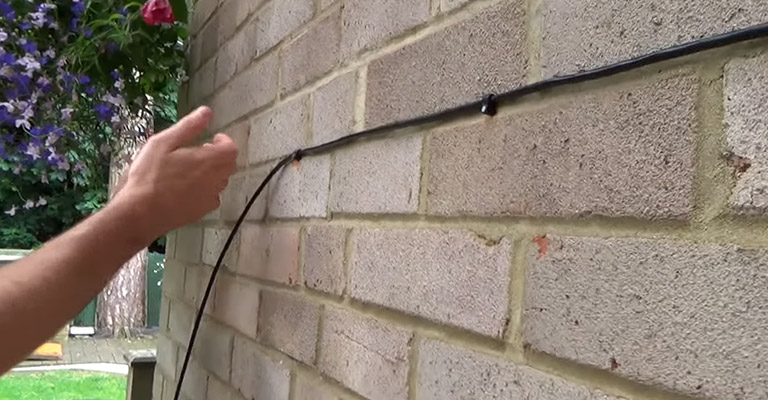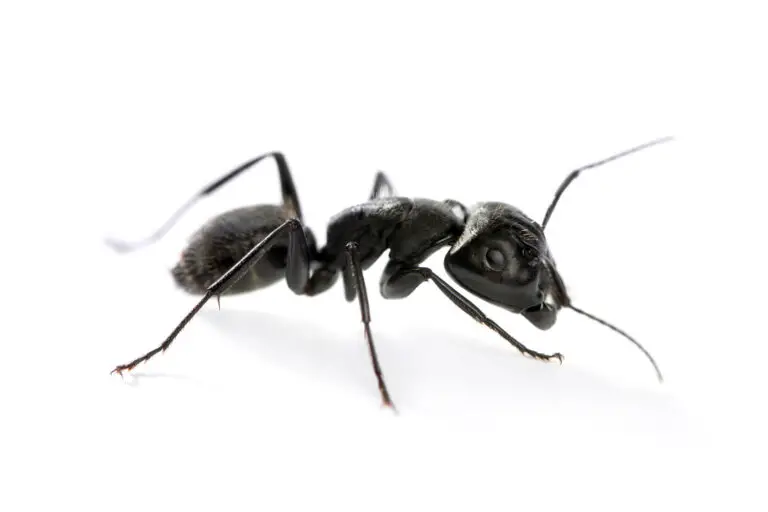Effective Chipmunk Deterrent Strategies for a Thriving Garden
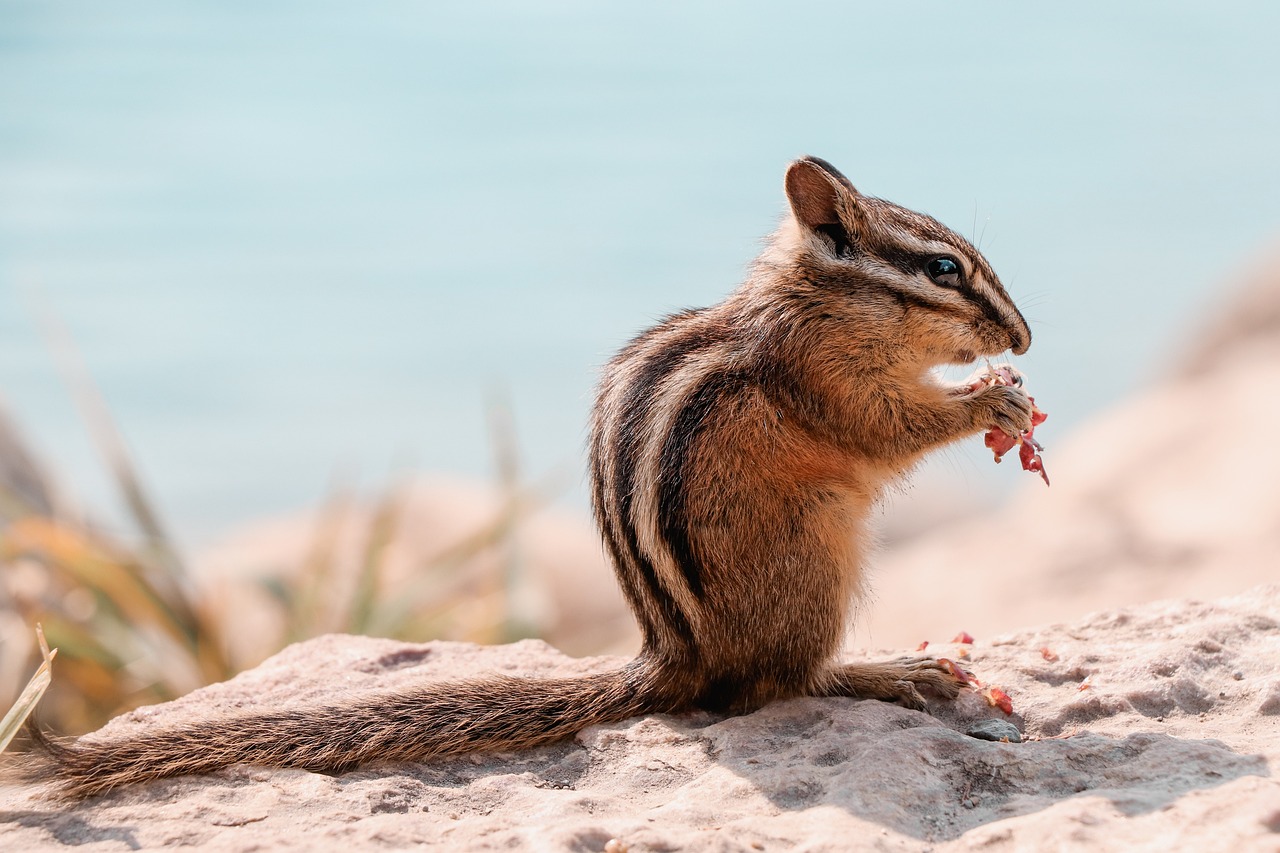
Chipmunks are undeniably adorable, with their cheeky antics and striped backs. However, if you’ve ever had these little critters burrowing in your garden or nibbling on your plants, you know they can quickly become less of a cute spectacle and more of a nuisance.
For homeowners who wish to keep their gardens intact and their homes free from the tiny, furry intruders, chipmunk deterrents are essential. In this article, we’ll explore natural ways to deter chipmunks and protect your green spaces.
1. Understand Your Furry Foe
Before diving into deterrent techniques, it’s essential to understand the habits and preferences of chipmunks. These creatures are primarily drawn to gardens because of the readily available food, like seeds, fruits, and bulbs. They also burrow to make homes for themselves, which can disrupt the root systems of plants. Knowing this can aid in targeting your deterrent measures more effectively.
2. Natural Repellents
Peppermint Oil
Chipmunks dislike the smell of peppermint. Place cotton balls soaked in peppermint oil around the garden, especially near burrows or frequent chipmunk paths. You can also plant peppermint plants as a dual-purpose solution – they add beauty to your garden and act as a natural deterrent.
Spicy Mixtures
Chipmunks aren’t fans of spicy scents. Make a mixture of crushed red pepper flakes, water, and a small amount of dish soap. Spray this around plants, especially those that chipmunks favor.
Predator Urine
Sounds a bit off-putting, but it’s one of the most effective deterrents. Products derived from the urine of predators, like foxes or coyotes, can be purchased and sprinkled around the garden. The scent signals danger to chipmunks, making them think twice about entering.
3. Garden Planning
Plant Daffodils
These flowers are beautiful, and chipmunks tend to avoid them because they’re toxic. Planting them around your garden can act as a natural barrier.
Limit Birdseed Scatter
If you have bird feeders, ensure that there’s minimal spillage. Chipmunks love easily accessible food sources. Consider using a catch tray below your feeders.
4. Physical Barriers
Bulb Cages
If you’re planting bulbs that chipmunks love, consider using bulb cages. These prevent chipmunks from digging them up but allow the plant to grow through the mesh.
Fencing
Chicken wire or mesh fencing, especially if it’s buried a foot deep, can act as a solid barrier. Remember, chipmunks are excellent diggers, so ensure your fence goes deep and stands at least a foot and a half above the ground.
Netting
Place netting around fruit trees or shrubs. This keeps chipmunks from reaching the fruits.
5. Remove Attractants
Make your garden less appealing by:
Clearing Debris
Chipmunks love hiding spots. Keep your garden free from piles of wood, leaves, or other debris.
Seal Home Entry Points
Ensure there are no easy entry points to your home. Chipmunks can squeeze through surprisingly small openings.
6. Decoy Owls or Hawks
Chipmunks are naturally afraid of their predators. Place a decoy owl or hawk in your garden. This not only acts as a deterrent but also adds a decorative touch.
7. Utilize Plants that Deter Chipmunks
Certain plants naturally repel chipmunks. These include:
Lavender
The strong scent of lavender is not favored by chipmunks. Planting these around your garden will not only add a beautiful purple hue but also act as a chipmunk repellent.
Thyme
This herb’s scent is potent to chipmunks. Sprinkle thyme around your garden beds or plant it in patches.
Garlic & Onions
These potent-smelling plants can deter chipmunks. They dislike the aroma, so interspersing them in your garden can be an effective strategy.
8. Introduce Natural Predators
Consider inviting animals that are natural predators of chipmunks:
Cats
Domestic cats are known to deter chipmunks. Their mere presence can make chipmunks think twice before entering a garden. If you have an outdoor cat or a neighbor’s cat that roams around, it can serve as a natural deterrent.
9. Use Sound Machines
Certain ultrasonic sound machines are designed to deter pests, including chipmunks. They emit a high-frequency sound that’s inaudible to humans but is bothersome to chipmunks. Place them around your garden, especially near burrow entrances.
10. Keep a Regular Check
Regularly inspect your garden for signs of chipmunk activity. Look for new burrows, nibbled plants, or footprints. The quicker you spot their activity, the easier it is to take deterrent measures before they establish themselves.
11. Remember the Importance of Rotation
Just like with any pest control method, chipmunks can sometimes get used to a particular deterrent. Therefore, it’s a good idea to rotate your methods every so often to keep them guessing and prevent them from becoming too familiar with one specific technique.
Conclusion
In the vast landscape of the pest control industry, seeking effective chipmunk repellents is a top priority for many homeowners battling a chipmunk infestation. Many opt for homemade chipmunk repellent solutions, hoping to harness the potency of ingredients chipmunks hate. From sunflower seeds which can paradoxically draw chipmunks in, to granular repellents that mimic the scent of natural armor animals, understanding what both attracts and repels these critters is pivotal.
However, a crucial point to consider is that we shouldn’t aim to kill chipmunks. The emphasis should always lean towards humane solutions that prevent chipmunk damage without harming these or other animals. Elements such as rock piles or open pet food might unintentionally attract chipmunks, while strategies targeting chipmunk burrows or using the best chipmunk repellents can keep them at bay. Similarly, some squirrel repellents can also deter chipmunks, given the shared behaviors between the two.
Conclusively, managing a chipmunk problem goes beyond merely focusing on these cute invaders. Understanding how other pests interact, and how environments created for other animals might inadvertently invite chipmunks, is key. Remember, it’s not just about pushing them away but doing so with respect and consideration for their role in nature.

